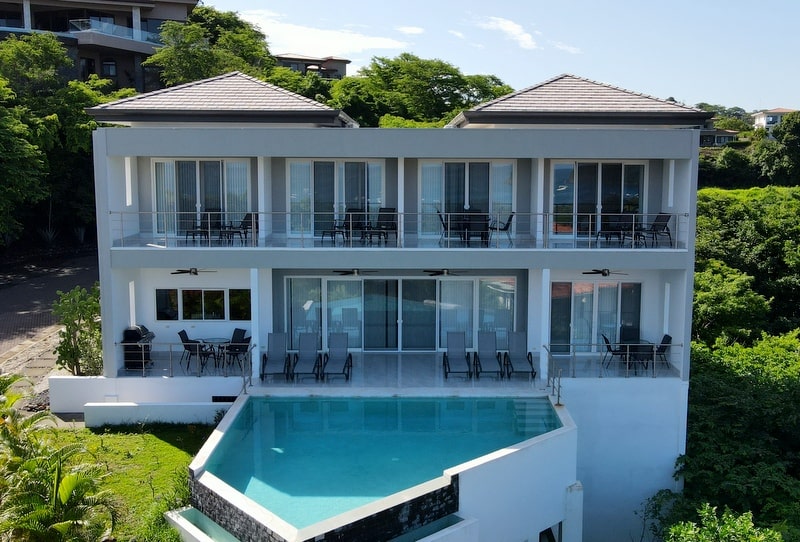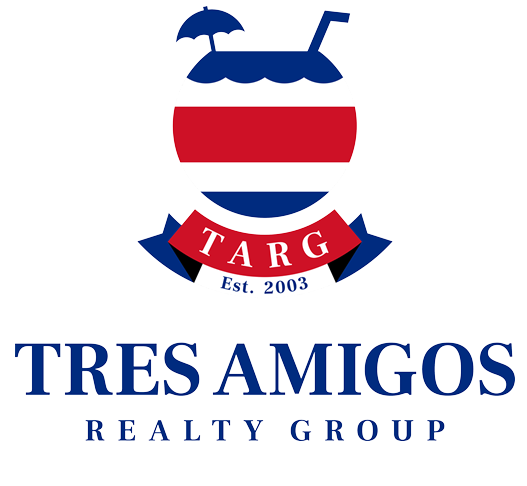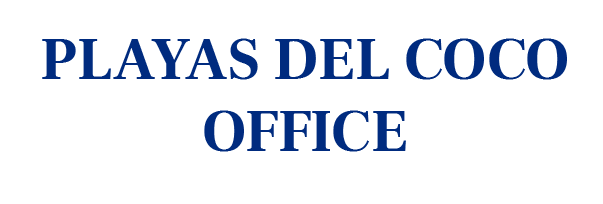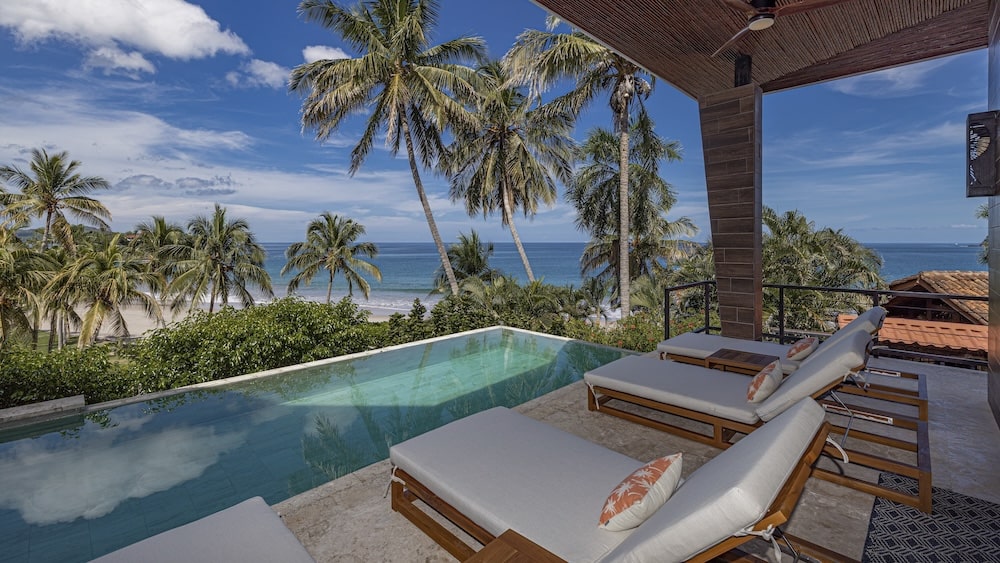Property Taxes in Costa Rica: Your Guide
The Basics of Property Tax in Costa Rica
If you're considering buying property in Costa Rica, you'll be happy to know that annual property taxes are relatively low compared to North America or Europe. The base tax rate for properties held under Fee Simple Title—common in the beach towns of the Papagayo region such as Playas del Coco, Playa Hermosa, and Playa Panama—is just 0.25% of the property's registered value, known as the “fiscal value.” These funds go directly to local municipalities to support services like road maintenance, garbage collection, and public facilities.
How Property Taxes Are Assessed
Property taxes are based on the fiscal value recorded in the national registry and local municipality. Property owners must submit a formal property value declaration every five years—or sooner if there's a property transfer. The higher value between the newly declared price and the previous registry value becomes the basis for the next tax cycle. Registered mortgages may also factor into the valuation. Importantly, fiscal values never decrease, even if market conditions shift.
Tax Rates for Fee Simple Title Properties
Most properties in the Playas del Coco area are held as Fee Simple Title, the strongest form of property ownership in Costa Rica. These properties are taxed at a flat rate of 0.25% annually. For example, if your fiscal value is $200,000, you’ll pay just $500 per year in property tax.
Tax Rates for Concession Properties
In contrast, concession properties—typically found in maritime zones—operate under lease agreements with the local municipality. These are taxed through a system called Canon Municipal. The rate ranges between 2% and 5% of the appraised value, depending on the specific terms ratified by the local government. While rare in the Papagayo region, it’s still important for buyers to understand the differences before purchasing near coastal setbacks or protected zones. Learn more about concession property rules in our Buyer's Guide.
When and How to Pay
Property taxes are typically due annually by March 31st, though quarterly or biannual payments are also allowed. Payments can be made directly at the municipal office or online through authorized platforms. Failing to file a valuation update every five years may result in the municipality assigning a new fiscal value on your behalf, which may not favor the property owner. Owners do have the right to appeal an assessment if it's believed to be inaccurate.
Penalties for Late or Non-Payment
 Delinquent taxes are subject to penalties, including late fees, interest, and legal collection actions. Municipalities may register a lien on the property or initiate judicial proceedings to recover the debt. In extreme cases, this can result in the forced sale of the property to settle unpaid taxes. Staying current with payments is essential for maintaining legal title and avoiding complications during resale.
Delinquent taxes are subject to penalties, including late fees, interest, and legal collection actions. Municipalities may register a lien on the property or initiate judicial proceedings to recover the debt. In extreme cases, this can result in the forced sale of the property to settle unpaid taxes. Staying current with payments is essential for maintaining legal title and avoiding complications during resale.
Luxury Tax on High-Value Homes
Costa Rica also imposes a separate Luxury Home Tax on residential properties with construction values over a threshold that adjusts annually (approximately $278,850 USD as of recent years). This tax is progressive, meaning the percentage owed increases with the property’s value. It is assessed separately from the regular municipal tax and must be declared and paid annually by January 15th. The proceeds go toward funding low-income housing initiatives.
Tips for Effective Property Tax Management
- Keep Records Up to Date: Submit property declarations on time and keep copies for your records.
- Work With Local Experts: A knowledgeable real estate attorney or accountant can ensure compliance and advise on appeals or tax deductions.
- Use Online Portals: Municipalities like Carrillo (which governs much of the Papagayo region) offer online platforms for easy tax management.
- Budget for Luxury Tax: If your property is near or above the threshold, factor in the potential cost each year.
Understanding Costa Rica's property tax system helps you plan ahead and avoid pitfalls. With low annual rates, especially for Fee Simple properties in coastal towns like Playas del Coco, property ownership remains financially manageable—as long as you stay informed and proactive.







